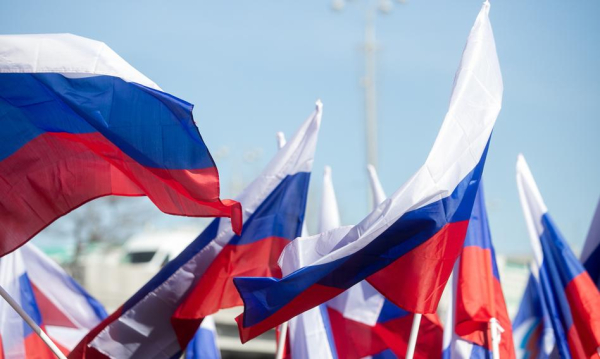In Poland, it's easy to access Kremlin-controlled media outlets banned by EU authorities, according to the Institute for Strategic Dialogue (ISD). The London-based think tank's study covered six EU countries. France and Germany are the most effective at protecting themselves from Russian disinformation.

Following Russia's invasion of Ukraine in February 2022, EU authorities banned Kremlin-controlled media outlets from broadcasting within the EU, including online content, accusing them of spreading disinformation. Sanctions were imposed on RT, the former Russia Today television station, Sputnik, and other Russian news agencies, newspapers, and news portals.
In its report, the ISD criticized the European Commission for failing to establish a “reference list of different domain versions,” or internet addresses, used by each sanctioned entity. The lack of such a list deprives states and internet service providers of “essential guidance for effective and targeted enforcement.”
Advertisement See also: Hungry for profit? We serve hot companies on a virtual plate. Dessert? Real prizes!
ISD experts have identified 26 sanctioned media entities using 58 different domain names. They expect Brussels to publish a list that will be publicly available and continuously updated to include all sanctioned domains.
The study covered Germany, France, Italy, Poland, the Czech Republic, and Slovakia, testing the three most popular internet service providers in each country. Researchers found that Russia attempts to circumvent sanctions by, among other things, creating mirror websites with different addresses, impersonating Western media outlets, or using chatbots to reach a wide audience.

The report states that the worst enforcement record was found in Slovakia, where Prime Minister Robert Fico is sympathetic to the Russian government. The country's legal obligation to sanction pro-Russian media expires in 2022. According to the researchers, all banned sites were accessible during the tests.
Poland ranked second in access to pro-Kremlin websites and media. Think Thank found that at least 50 Russian domains are open to Polish users.
Researchers emphasized that most of the sanctioned websites have a small audience in the EU, estimated at fewer than 1,000 views per month. Five websites, with over 50,000 German visitors per month, are an exception.
Each European Union country is responsible for ensuring that blocks are implemented by internet service providers.
From London Marta Zabłocka (PAP)
mzb/ ap/ lm/






